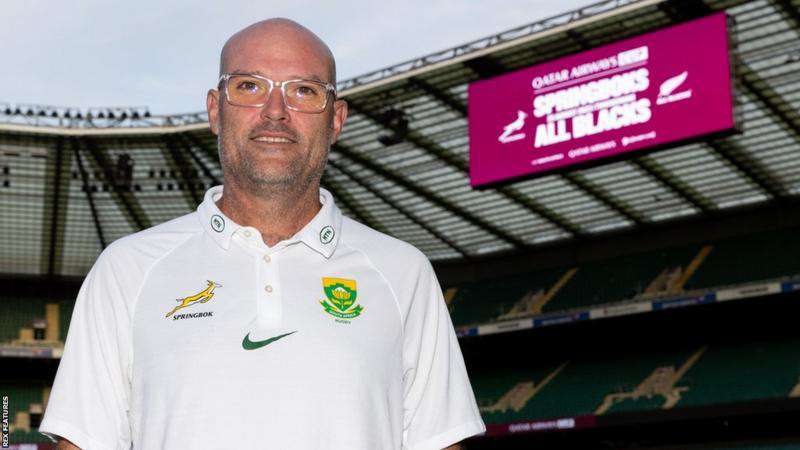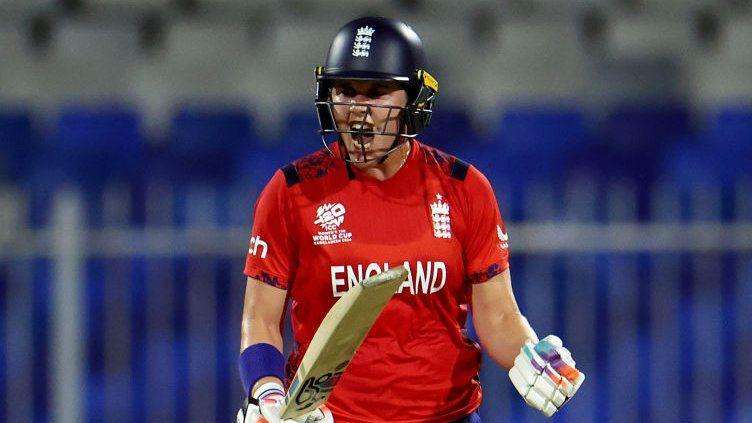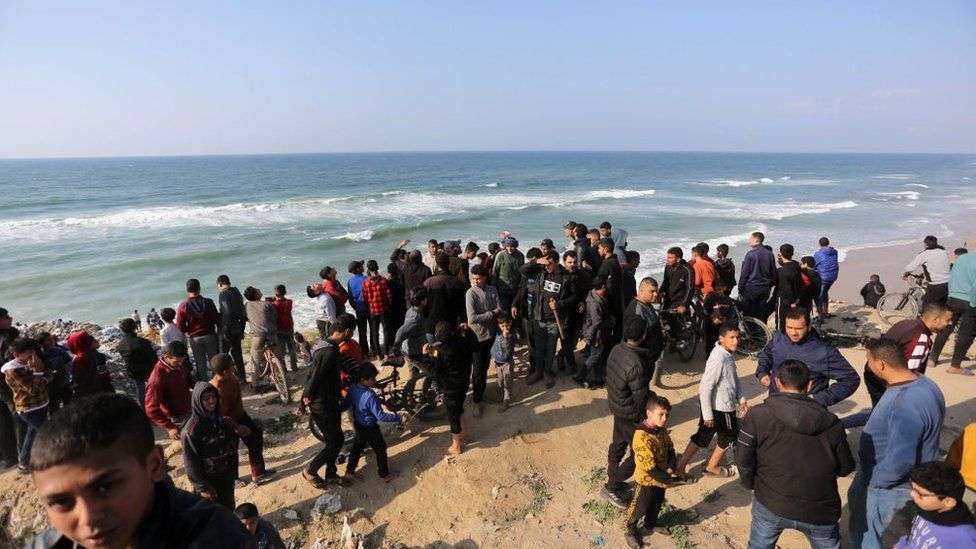Springbok coach Jacques Nienaber is thinking back to the same point, four years ago.
South Africa's final match before the 2019 Rugby World Cup was a high-scoring, low-key rout of hosts Japan in front of under 30,000 fans north of Tokyo.
The defending champions' last warm-up game this time around - an 80,000 sold-out superpower clash against New Zealand at Twickenham - feels different. But Nienaber sees similarities.
"Back in 2019, although people probably thought we were mad, Japan in Japan was a good game for us to have - purely because we felt they were serious contenders," he says.
"We ended up playing them in the last eight and, if you look at the draw this time, we will probably be playing either France or New Zealand in the quarter-finals - if we get out of our pool."
His caveat is not just the usual lip service. South Africa are on the treacherous half of a lop-sided France 2023 draw.
Their pool includes Ireland and Scotland who, like South Africa, are ranked in the top five teams in the world. Hosts France or three-time champions New Zealand are their likely quarter-final opposition.
"The nice thing is there are no two ways about it," Nienaber says. "We are in knockout rugby from game one when we play Scotland. That is the reality of it."
This is Nienaber's first, and perhaps only, shot at leading a side to a Rugby World Cup title.
Nienaber moved into the head coach role after serving as assistant to Rassie Erasmus during the Springboks' successful 2019 campaign.
He will depart for Leinster regardless of whether their title defence succeeds or fails.
The 50-year-old will spend the next nine weeks under the spotlight - in the hope of finally stepping out of a shadow.
Nienaber was never really a rugby player. He went to Grey College, a Bloemfontein school that has moulded a long line of Boks.
When asked which, if any, of his school contemporaries went on to play for their country, there are so many Nienaber is concerned he might forget a name or two.
"Heinrich Fuls, Pieter Muller, Ollie le Roux, Werner Swanepoel, Ruben Kruger - they were there in my era," he says.
Scrum-half Cobus Reinach, part of the squad Nienaber has picked for France, also went to Grey.
Unlike them though, Nienaber was no school star.
"I always loved rugby, enjoyed rugby and played rugby, but I played for the seventh team at Grey," he says.
"Middle distance and cross country was my main thing, and being a runner I wasn't blessed with the frame or the size to play it.
"I was a loose forward. I would say my conditioning helped me at the back end of the game, but size-wise I was a little bit out of my depths."
He could easily have left rugby behind at school. Had he got the grades he wanted, he would have done so.
Instead, after missing out on the physiotherapy course he wanted to pursue at university, he opted to wait a year, reapply and fulfil the military service that was compulsory in South Africa in the meantime.
It was a decision that changed his life.
Nienaber's school friend also enlisted and introduced Nienaber to his new room-mate - a teenage Erasmus.
"We were young, we were bulletproof, we were naughty, full of energy, similar to what we are now, although I think we are a little more calculated now!," Nienaber remembers.
"Rassie was like he is now - an unbelievable character; always fun to be around, always having a joke, a bit of a prank, having a beer, having a laugh."
The pair were part of the same four-man crew, in charge of a Rooikat armoured car.
"There was a driver, a gunner, a loader, and someone in charge.
"My rank was corporal and Rassie became a lieutenant, he was a little bit better than me at the army stuff!"
Their paths have been intertwined ever since, usually in similar style, with Erasmus as a frontman, and Nienaber in the background.
After Erasmus moved from playing to coaching, he recruited Nienaber, duly qualified as a physio, into his backroom staff.
At Free State, the Stormers and Munster, Nienaber worked under Erasmus, applying his mind to tightening defences as well as easing muscles.
Finally in January 2020, Erasmus stepped aside and Nienaber took on his first head coach role, leading the world champions.
Of the many lessons he has learned in nearly 30 years alongside Erasmus, perhaps the most valuable was the first. The one carved into his memory in the cramped confines of an armoured car.
"I was brought up privileged in being able to go to Grey College - but I didn't know other parts of South Africa, you are very secluded in Bloemfontein," he says.
"In the army you have to team up, be dependent. You can't do it on your own in that car, everyone has got their own job.
"One guy might come out of a very rural farming community, the other might be a surfer from Durban, and the driver might be a guy who fell out of high-school because he comes from a very bad background.
"In the army, you can't look down on anyone, because when your life depends on it, that person has to come through for you.
"It doesn't matter what school he went to, whether he has money or not, if he is well spoken, or if he loves to smoke a joint now and then, you have to find a way to work together.
"In some ways it is exactly like that now. In our team environment we are different socio-economically, differently culturally and differently religiously, but we need to align to a plan and fulfil your part in it."
Nienaber has plotted a path back to the top of the world game for Springboks' heavy artillery. The next two months will define if he can depart with his mission accomplished.








